This week 200 musicians, including Billie Eilish and Stevie Wonder, urged tech firms not to develop Artificial Intelligence tools to replace human artists.
It comes a year after thousands of technology experts called for a six-month pause on the development of certain powerful AI systems.
Signatories, including Elon Musk and Apple co-founder Steve Wozniak, said systems with “human-competitive intelligence” posed “profound risks to humanity”.
Last week actress Sara Poyzer revealed she had been replaced by AI for a voiceover with the BBC, a decision the broadcaster has defended.
It said it used the technology to represent the voice of a person who is nearing the end of their life, and the move reflected the wishes of the person’s family.
When AI replaces a human artist, people start to notice
That story put AI firmly “on the radar” of many artists, including Aberdeen actor Philip Napier.
He believes it’s good to embrace collaborations using technology: “But when it starts to affect jobs, that’s when it gets into a very sticky situation.”
Philip is a member of Tailgate Theatre Company and well-known for his performances as the Dame in Aberdeen Arts Centre pantomimes.
He has invested much into his craft, from Scottish Youth Theatre to a BA Hons in Acting at the prestigious Mountview Drama School in London.
He said: “Last year when the actors and script-writers went on strike, wages were part of it but AI was the big one and it still is because it gets rid of jobs for actors.
“That’s when you go, okay, now we’ve kind of been made redundant.
“This was the first time I’ve seen something over here about AI and an actor getting their job taken away from them that way.
We’ve seen AI replace humans before
“We’ve had the joy of technology and using AI before. When Brandon Lee died during The Crow and Oliver Reed died during Gladiator, CGI was used to make them part of the final edit.
“It’s great if you’re able to blend the two and you’ve still got mostly working actors.
“But when you’re basing it on a back catalogue of older performances, it stops being new and interesting.
“You can tell so much from the eyes and as an audience, you don’t feel as connected.
Can you spot it when AI replaces a human?
“I can tell a fake from subtle things, nuances, inflection and tone.
“That’s the helpfulness of a degree in acting, you can tell when something isn’t real.
“It’s the voice and the repetitive movements, you can tell something’s off.
“The joy of acting is you can look into someone’s eyes and see their internal journey, the turmoil and emotions.
“But when it comes to AI, you won’t see that.”
Philip points out that an actor might be paid just once, even if their likeness is used multiple times.
It could also be used in a context to which they are ethically or politically opposed.
Equity is on the ball about AI
“They can use your image multiple times for decades.
“This is one thing that definitely needs to be addressed. It’s good people are now taking it a bit more seriously.
“Paul Fleming, head of Equity, the actors’ union, is very much on the ball with these things.”
Philip says that if AI goes too far, audiences will “miss out on new and exciting stuff because we look at an actor or actress from the beginning”.
“In Oppenheimer and Poor Things and you see Cillian Murphy and Emma Stone from when they were starting out in the industry to where they are now.
“They have a massive range and a drastic shift they can go from and I don’t think you would see that in an AI performance.”
Professor Georgios Leontidis is Interdisciplinary Director of Data and Artificial Intelligence at Aberdeen University.
“We have all been using AI algorithms even unknowingly, in our phones, cameras, Amazon and Netflix,” Professor Leontidis said.
But systems like ChatGPT has now “allowed everyone to experiment”.
AI has gone from “rather modest chatbots to advanced conversational companions”.
Should we be concerned?
AI’s rapid advancement and its potential impact on society “have raised legitimate questions around ethics, bias, privacy, transparency and concentration of power”.
“It’s important to note, many of these concerns are actively being addressed by researchers, policymakers and others.”
Should we be excited about AI?
“As with any technological advancement, AI will shake how we are used to doing things.
“Mundane tasks and decisions that are repetitive and perhaps highly specialised are where AI has the potential to make a big difference and it already does.”
Artificial Intelligence success in healthcare is to be celebrated
He points to AI successes in healthcare, scientific breakthroughs, drug discovery and agri-food sustainability.
In Aberdeen, AI breast-screening solution Mia has helped doctors find more cancers than in routine practice.
“AI has been successfully developed to accurately analyse medical images, enable more precise diagnosis and improve patient outcomes.”
AI has an input in everything from Google Translate to Border Control and is “quite often safeguarding us in the background from malicious attacks albeit without us noticing it”.
Autonomous vehicles remain “a holy grail” and, in climate change mitigation, “AI can play a crucial role”.
He believes last year’s call for a halt raised “important concerns and highlights the need for responsible and ethical AI development”.
“However, it is a complex issue with valid arguments on both sides, which in my view was exaggerated.”
The fear is that if AI systems become super-intelligent and surpass human capabilities “they could potentially pose an existential threat… if their goals and motivations are misaligned with human values and interests”.
He says it’s a “more realistic risk” for AI to be misused for malicious purposes.
These could include “cyberattacks, automated surveillance, or even autonomous weapon systems”.
Does AI pose a threat to humans?
“In my personal view, the current AI systems are not in a position to pose an existential threat to us.
“But the concerns around governance and regulatory requirements, ethical and social implications, democratisation and equitable access to AI are all important aspects.
“We need to embrace it while finding ways to make it better, ethical, and equitable.”
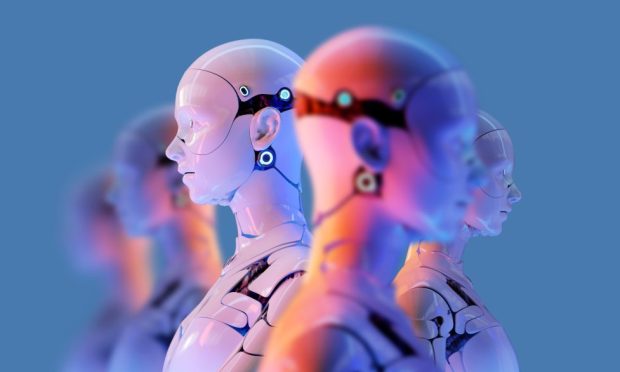

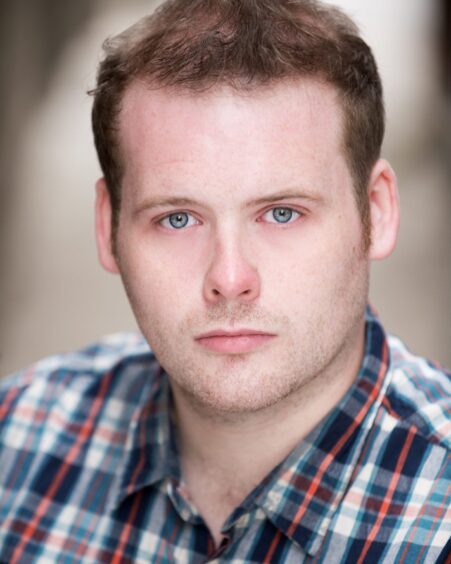
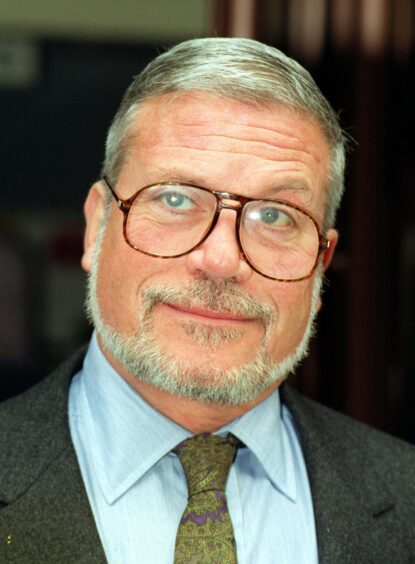


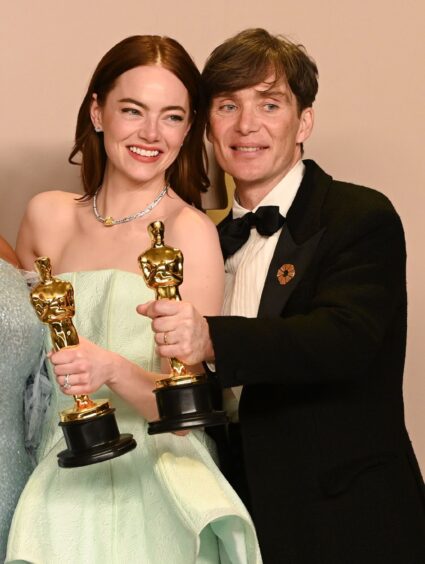
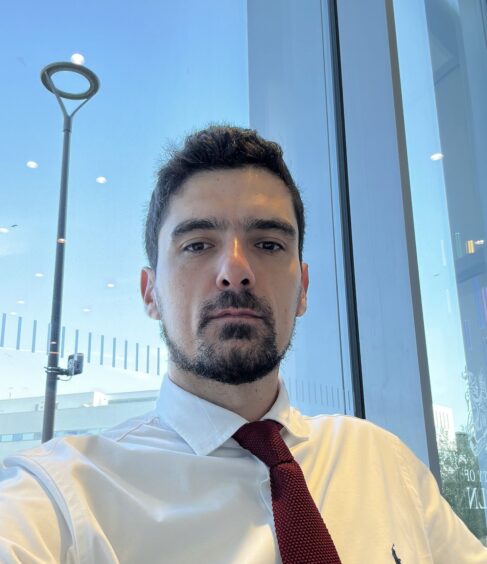
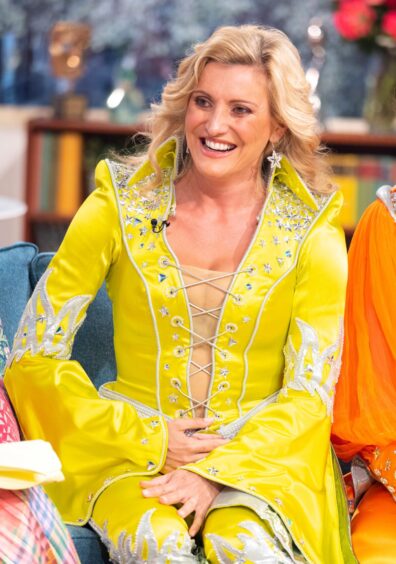
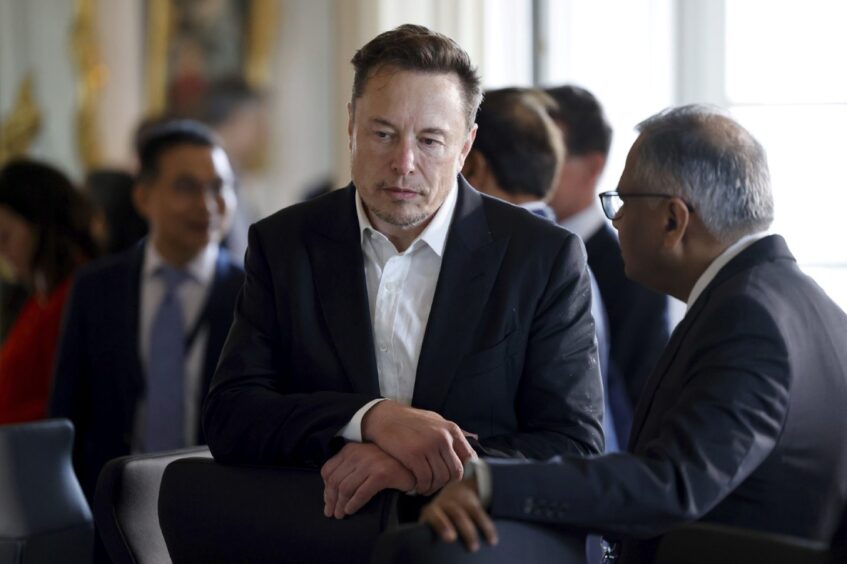

Conversation